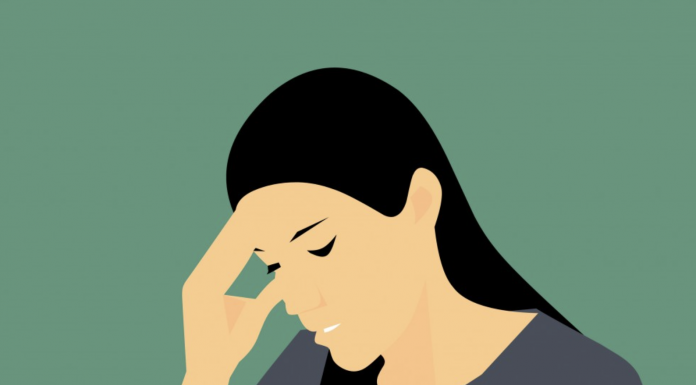1. Fatigue or consistent lower energy levels
Fatigue is a common symptom of depression. Occasionally we all experience lower energy levels and can feel sluggish in the morning, hoping to stay in bed and watch TV instead of going to work.
Depression fatigue is more consistent and severe than this occasional dip in energy.
While we often believe exhaustion stems from stress, depression can also cause fatigue. Depression-related fatigue can cause concentration problems, feelings of irritability, and apathy.
Dr. Maurizio Fava, Director of the Clinical Research Program at Boston’s Massachusetts General Hospital, points out that depressed individuals often experience nonrestorative sleep, meaning that they feel sluggish even after getting a full night of rest.
However, because many physical illnesses, like infections and viruses, can also cause fatigue, it can be challenging to discern whether or not the exhaustion is related to depression.
One way to tell: While everyday fatigue is a sign of this mental illness, other symptoms like sadness, feeling hopeless, and anhedonia (lack of pleasure in day-to-day activities) may also be present when you’re depressed.
2. Decreased pain tolerance (aka everything hurts more)
Does it ever feel like your nerves are on fire, and yet you can’t find any physical reason for your pain? As it turns out, depression and pain often co-exist.
One 2015 study showed a correlation between people who are depressed and decreased pain tolerance, while another study in 2010 showed that pain has a greater impact on people who are depressed.
These two symptoms don’t have a clear cause-and-effect relationship, but it’s important to evaluate them together, especially if your doctor recommends medication.
Some research suggests that using antidepressants may not only help relieve depression but can also act as an analgesic, combatting pain.
3. Back pain or aching muscles all over
You might feel OK in the morning, but once you’re at work or sitting at a school desk, your back starts to hurt. It could be an uncomfortable chair, it could be stress, or it could be depression.
Although they’re often associated with bad posture or injuries, backaches can also be a symptom of psychological distress …



